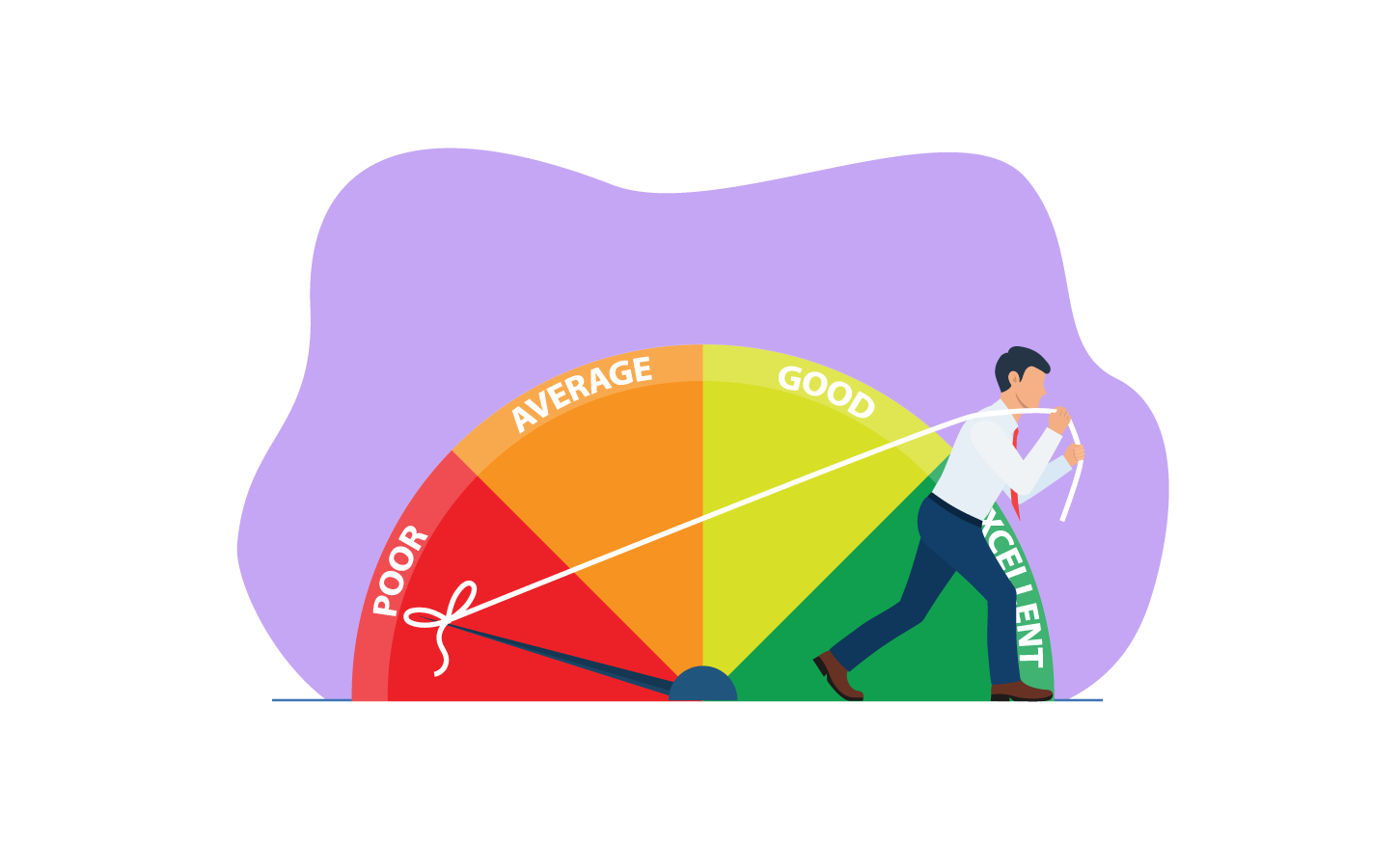It is believed that loans have been an integral part of civilisations since 3000 years ago. Today, we can also see loans existing predominantly in most successful economies and we should not negate the importance of loan management, and understanding the technicalities of each loan type. In this article, we shall discuss some types of loans, and also look at some important factors to consider before applying for a short term or long term loan.
To begin, let us look at some of the requirements to acquire a loan in Singapore. For instance, to qualify for a housing loan, it’s required that we have consistent income sufficient to furnish the loan every month. The existence of a collateral (house) would be the item or possession pledged against the loan. Hence if we do not oblige to the loan repayments, the financial institution may have ownership to the house. Since we all need a roof above us, the default risk (incurred by the lender) in terms of the defaults on monthly payments would usually be lower. These types of collateral-backed loans may impose lower risks on loan providers and hence the terms surrounding these loans can be flexible, and they (financial institutions) are more likely to provide the borrower with longer tenure loans.
The other more commonly applied loans are known as personal loans. The qualifying factor for such loans would most usually be dependent on the creditworthiness of the applying individual. In Singapore, our credit bureau score (CBS) and balance to income (BTI). Our CBS report usually provides the loan providers with a gauge on default risk, while the BTI suggests the total debt we are having in relation to our monthly income.
It is critical to select the right type of loan with the right interest rates to be financially secured and stress-free. There are certain important factors to always consider for interest rates which can mitigate the chance of incurring compounding debts. If we have a credit card, it’s important to note that if we miss a payment, the prevailing rate of interest charged would be at 25-29% per annum, depending on the bank. Also most banks would charge the interest monthly, which would be compounding. As such the amount we owe would also increase exponentially every month. To lower the interest charges incurred in this situation, it only makes sense that one converts the outstanding balance into monthly payments by taking up a loan from either the banks or licensed money lenders to pay off the existing amounts on the credit card which would further lower their monthly financial liability.
In addition, most personal loans that are paid monthly would charge the borrower with a lower interest as there is a consensual cap on the amount of interest the financial institutions can charge on a monthly basis. With that, we can also break our huge purchase or bulk charges to smaller monthly payments by dividing the liability over a specific tenure period. Couples who are planning their marriage can also make use of this to split the payments for their big day.
Personal loans usually have a range of interest rates ranging from 4% to 20% (depending on the type of loan) with varied tenure periods, usually ranging from 3 months to 5 years. We must take into account the total interest payable for each loan which can be calculated by multiplying the monthly or yearly interest charge by the tenure period. Also it’s important to always look out for the effective interest rate (EIR) for each loan we take as this might vary from the advertised rate. Diligent practice and application of the above will allow us to plan our finances effectively and hence lower our financial burden of debts.
Unfortunately, the above model may sometimes lead to financial complacency as well as there is a tendency to keep buying or spending in instalments. This is seen often these days, especially with the ease in online shopping and credit card use. We should never indulge in the practice of converting all our purchases into monthly loans just because of the lowered initial capital outlay. It is always necessary that we take into account our existing monthly obligations before committing to a new one. We should always seek to lower or even put a stop to loans that we may not require. We can always seek assistance with the financial institution that we borrowed from if early settlement could waive off any interest charges for the remaining tenure period. With that, we can save on the amount of total interest paid as well. With good practices, we will have a peace of mind and it should also be noted that being debt free would allow us a better opportunity to secure a future loan.
Lastly, loans will always be prevalent in the society we are in. However, proper understanding of interest charges and tenure of the loan can help us to manage our large spendings and purchases. With that, we should always seek the most efficient method to be debt free as that would be the most ideal outcome that we all should strive to achieve. Nonetheless, it is always advisable to seek professional assistance before we apply for any loans as they can make or break the success of planning your personal finance.
About the Author

Led by a team with invaluable expertise across Singapore’s licensed moneylending, banking, and finance industries, CompareSing provides users with a streamlined yet informative experience at every step of their loan journey.


















